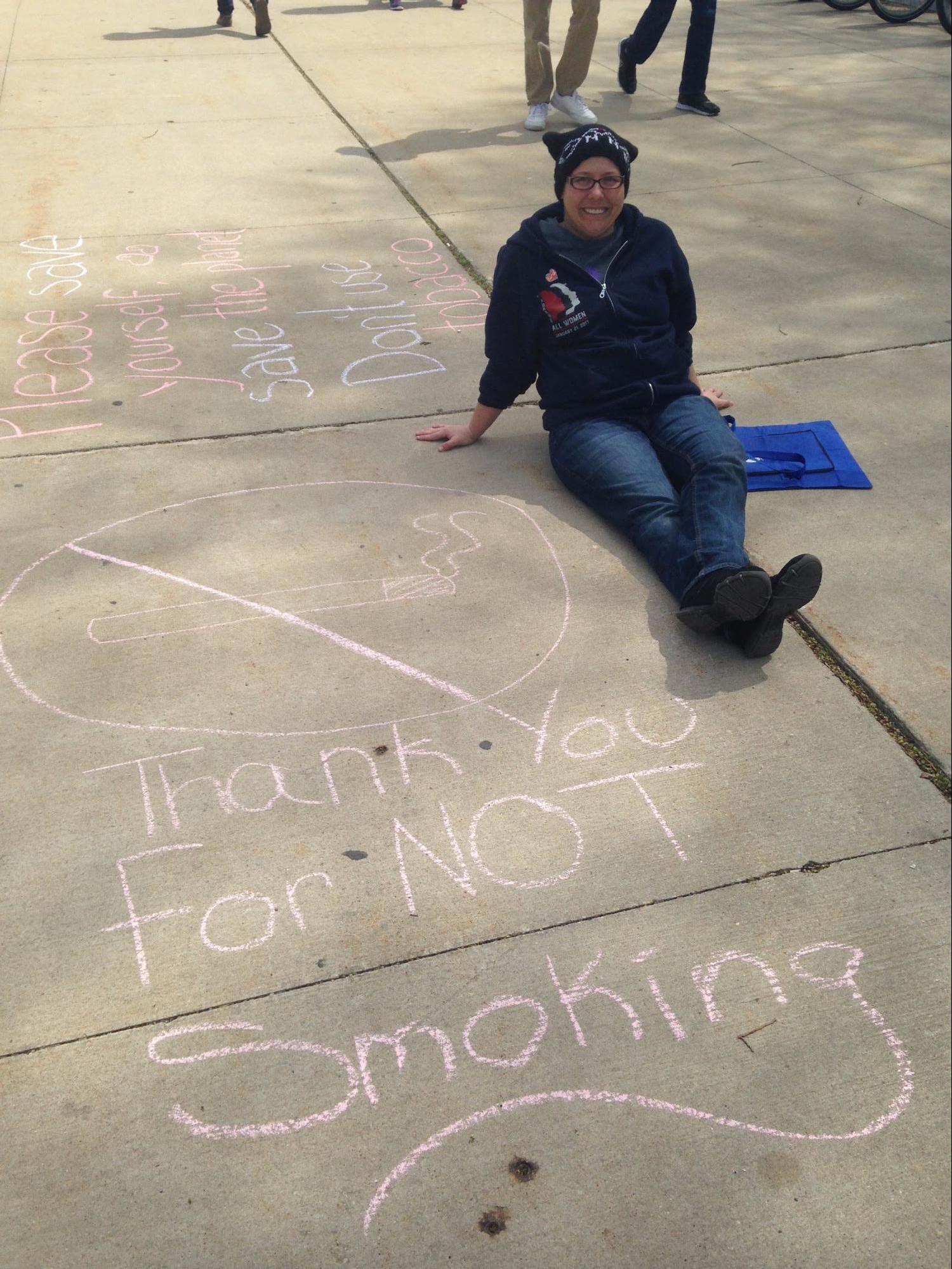
Meet a Scientist: Shannon Kozlovich
Author: Molly O’Connor
Editor: Laüra Gaitan
Shannon Kozlovich is a learner at heart who deeply cares about helping people. She says, “I always think I am at the beginning of my career because there is always more to learn, know, and do!” Shannon’s career and life progression were far from straight forward. After high school, she worked at a barbershop, gym, a marketing firm, and then finally an agency that hired traveling nurses. During all that time, she was also a single mother! It wasn’t until the 2008 recession when she was laid off that she considered going to college. At the age of 28, still a single mom, she went to school. “I was going to be a nurse. Instead, I became a scientist and received my Ph.D. 9.5 years after my first class at a community college.”
She holds a Ph.D. in Pharmaceutical Sciences from Washington State University and recently was a postdoctoral fellow at the University of California - San Francisco Center for Tobacco Control Research and Education. She is currently at Equality California (EQCA), which is the nation’s largest statewide LGBTQ civil rights organization. She is overseeing EQCA’s Tobacco Control Program, an initiative to reduce tobacco-related health disparities in the LGBTQ+ community.
Her current scientific work looks at qualitative data to understand perceptions of tobacco use and tobacco control policies within LGBTQ+ communities and LGBTQ+ community leaders. “One of the biggest issues is that we do not have enough data on this population. We hope our research will further highlight the need for data on sexual and gender minority groups in all tobacco research projects.”
Shannon self identifies as a problem solver, an advocate, and an activist. LGBTQ+ people, as well as all many marginalized communities, are at risk for contracting and developing a severe case of COVID-19, mainly because of a few key factors:
- LGBTQ+ people tend to be lower-income and have no health insurance (or don’t have access to affirming healthcare providers).
- LGBTQ+ people are more than twice as likely to be smokers.
She got involved with the National Scientist Volunteer Database because she wanted to be a part of the movement to help increase testing capacity and contact tracing. She took it upon herself to be the Volunteer Communications Coordinator for the 9000+ strong volunteer database—that continues to grow each day! She took this volunteer position because “it leverages my pre-academic skills, my scientific knowledge, and training, as well as my ability to communicate with policy-makers.”
She is not only helping others, but she is also growing professionally through this experience as “the new skills I am developing here are ways to use scientific data to educate policymakers on the need for evidence-based policies.”
Thank you, Shannon, for all that you do for the National Scientist Volunteer Database. You are one of the many reasons the volunteer database runs as smoothly as it does!
About the author: Molly O’Connor is an Evaluation & Communications Specialist, as well as the founder of Coco Canary Consulting, LLC. She is based in St. Paul, MN. To learn more about her work, you can visit her website, LinkedIn profile, personal blog, or follow her on Instagram @mollycoconnor.
Like what you read? Interested in getting involved? Want to put this and other scientists to good use?
Sign up to Volunteer, click here
Request Database Access, click here
Learn more about us, click here